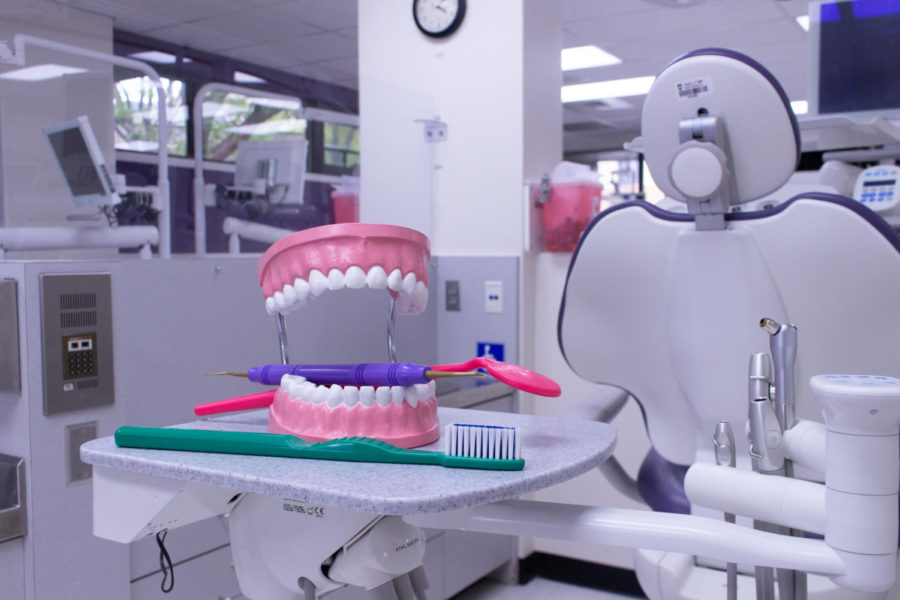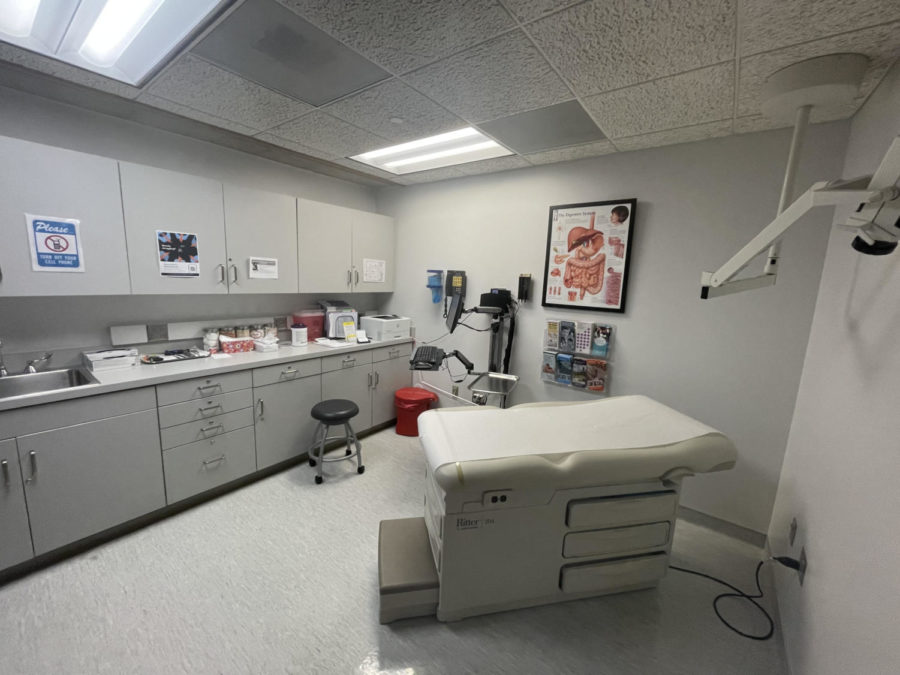October is National Breast Cancer Awareness Month. With early detection and proper treatment, breast cancer has a 98 percent survival rate.
Weber State University Employee Wellness coordinator Rachel Smith hosted a presentation on the awareness and importance of early breast cancer detection.
“I contacted the Salt Lake City affiliate of Susan G. Komen,” Smith said. “They were the first people that I thought about, probably the first people we all think about when we think about breast cancer.”
Leanne Peters, mission manager for Susan G. Komen for the cure in Salt Lake City, gave a presentation to discuss breast cancer statistics and information, including early detection and prevention.
The Susan G. Komen foundation began when Komen was diagnosed with breast cancer. Komen’s sister, Nancy Brinker, promised that she would do everything in her power to end breast cancer forever. That was in 1982.
“Since then the Susan G. Komen foundation has become the largest source of nonprofit funds dedicated to fighting breast cancer,” Peters said.“230,480 women and 2,140 men will be diagnosed with breast cancer this year. Of this number, 39,520 women and 450 men are expected to die.”
Peters explained why breast cancer can be devastating.
“Breast cancer is a malignant tumor that starts in the cells of the breast. A malignant tumor is a group of cancer cells that can invade surrounding tissues or metastasize to other areas of the body,” said Peters. “Breast cancer usually spreads to the bone, brain, liver or lungs. This is usually the cause of death. However, with early detection there is a 98 percent survival rate.”
The number one risk factor for getting breast cancer is being a woman. The number 2 risk factor is being an older woman. These factors cannot be controlled. We do not know what causes breast cancer, but we do know that there are factors that affect the risk of breast cancer. Women should:
- Maintain a healthy weight
- Exercise
- Limit alcohol
- Limit use of postmenopausal hormones
- Breastfeed if you can
“It is important to get screened. It is also important to have a clinical breast exam every three years beginning at age 20 and every year at age 40,” said Peters. Lee Rasmussen, a breast cancer survivor, also spoke. Rasmussen was diagnosed with breast cancer at age 37. At that time she was the mother of two boys, age 11 and 13. “Cancer is a family diagnosis,” Rasmussen said. “The hardest part was telling my children, because when you hear the C word, you hear death.” Rasmussen’s advice was “Stay positive,” adding, “take someone with you to every appointment.” She said she would concentrate on one thing the doctor was saying and miss the rest. However, because her husband was with her, he could remember important details that she missed. “It is important to get a second opinion,” said Rasmussen. “There are so many different treatments and options it is important to do what is right for you.” Rasmussen belongs to The Young Survivor Sisters, a support group for women who are diagnosed with cancer under the age of 45. “If talking about it [cancer] helps someone else, it helps me,” said Rasmussen.




















